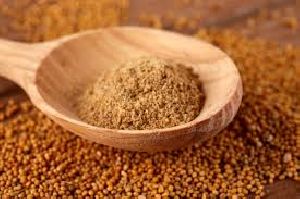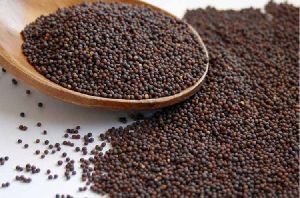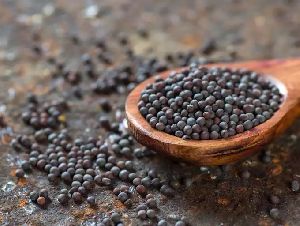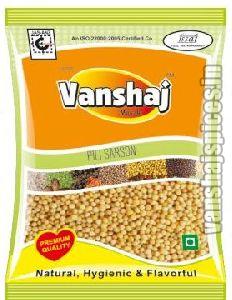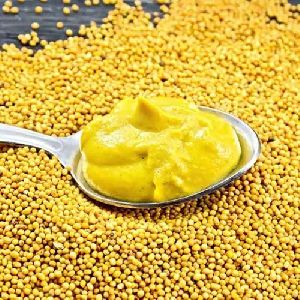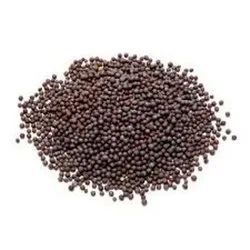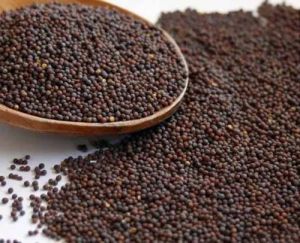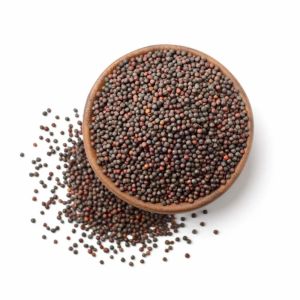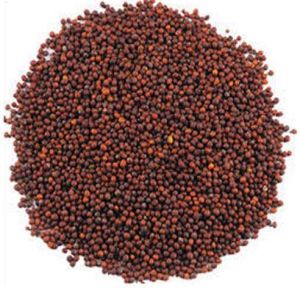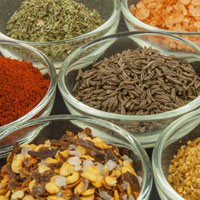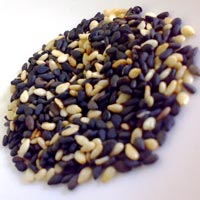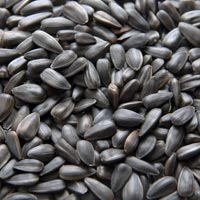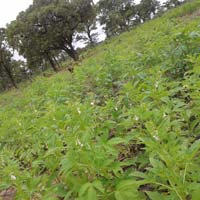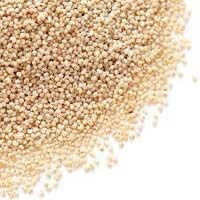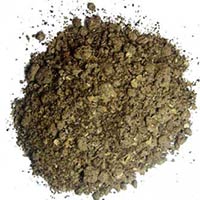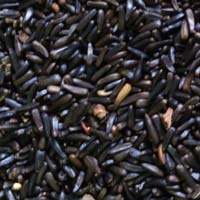Listing ID #2321556
Company Information
Ask for more detail from the seller
Contact SupplierMustard seeds are also known as rapeseeds. Mustard seeds are the smallest seeds of the various mustard plants. The seeds are about 2mm in diameter and come in yellowish with to black. French have used mustard seeds as a spice since 800 AD, and it was amongst spices taken by the Spanish on explorations throughout the 1400s. Mustard is highly used in a variety of Indian pickles consisting of mangoes and aavalu powdered mustard and it is very popular in South India.
There are many varieties of mustard which come in a wide range of strengths and flavors. The basic taste and heat of the mustard is largely determined by seed type, preparation and ingredients. Black seed mustard is generally regarded as the hottest type.
In India, mustard is known both as oil seed as well as spice. Internationally, however, it is more popular as a spice. The genus Brassica consists of over 150 species of annual or biennial herbs several of which are cultivated as oil seed crops like mustard. Other oil seed crops in genus are toria and rapeseed. There are many others, which are cultivated mainly as vegetable like cabbage, collies flower, turnip etc. There are many other, which are being grown as fodder. The mustard seeds of only the above four species have condiment value.
The oil yielding Brassicas that are predominantly cross pollinated, constitute a group about which considerable confusion exists, regarding their identification and nomenclature.
The mustard flour of commerce is a mixture of the flours of two types of mustard seeds; brown or black mustard (nigra) and white mustard (alba). Mustard condimental properties are largely due to the essential principles of these two seeds. The essential principle or volatile oil of the brown mustard is allyl isothiocyanate, while that of white or yellow mustard is acrimyl isothiocyanate. The essential principles are not present as such in the seeds of brown and white mustards but are produced as a result of hydrolysis of their respective glycosides, sinigrin – potassium myronate and sinalbin, by the action of enzyme myrosin, in the presence of moisture under suitable conditions.
Mustard seeds are sold either whole or as a ground powder.
Mustard seeds are a very good source of selenium and omega-3 fatty acids. They are also a good source of phosphorus, magnesium, manganese, dietary fiber, iron, calcium, protein, niacin and zinc.
The black mustard seed grows throughout Europe, except in the north eastern parts, also in South Siberia, Asia Minor and Northern Africa, and is naturalized in North and South America. It is largely cultivated in England, Holland, Italy, Germany and elsewhere for the sake of the seed, used partly as a condiment, and partly for its oil. Mustard seeds generally take 3 to 10 days to germinate if placed under the proper conditions, which include a cold atmosphere and relatively moist soil. Mature mustard plants grow into shrubs.
Mustard grows well in temperature regions. Major producers of mustard seeds include Hungary, Great Britain, India, Canada and the United States. Brown and black mustard seeds return higher yields than their yellow counterparts.
Botanical names: Brassica nigra KochThe seeds yield 23 to 33% of the fixed oil. The volatile oil of mustard is obtained in a yield of 0.7 to 1.2% after the hydrolysis of the glucoside sinigrin, by the enzyme myrosin.
Mustard oil for the preparation of volatile oil, the fixed oil is first expressed from the seeds, which are subsequently macerated with tepid warm water for several hours, and steam distilled. The oil obtained is an extremely powerful irritant owing to its volatility and penetrating power, and is responsible for the painful nature of alcohol, or in the Black mustard is ground with white mustard for preparing table mustard and also various medicinal preparations, such as bath mustard, mustard bran and mustard flour. The expressed oil has mild rubefacient properties and is used as a liniment. The technical oil obtained during the preparation of mustard also contains the oil from white mustard seeds. In India seeds of black mustard are used in pickles and curries.
Brassica juncea or Indian mustard is a self fertile species, and is a very variable annual. Its narrow based leaves are not stem clasping like those of toria and sarson. Rai matures later than either. The mustard seeds are rugose, reddish brown and generally smaller.


